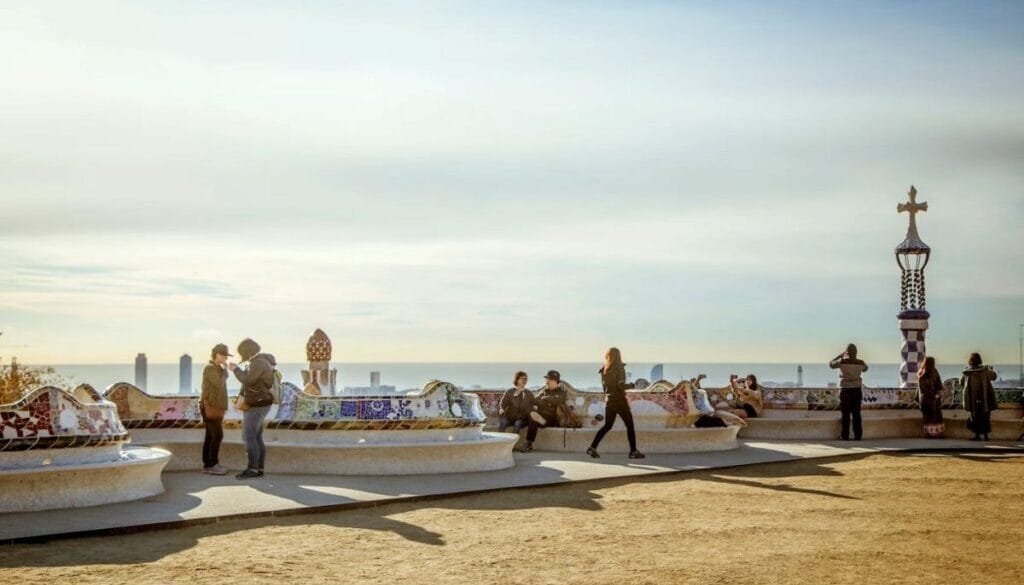Airbnb Calls for Barcelona to Rethink Clampdown on Short-Term Rentals
Barcelona’s AirBnB Crackdown: A Decade’s Worth of Failure
When Barcelona launched its crackdown on short-term rentals in 2014, it marked a turning point in the city’s approach to airbnb and the sharing economy. Ten years later, the results are in – and they’re not as rosy as city leaders had hoped.
Lessons Learned
AirBnB is urging city officials to rethink their strategies, citing data that reveals the crackdown has not fixed the housing and overtourism issues it aimed to address. In fact, the situation has only grown worse. Rents are up 70%, homes are being left vacant (8:1 ratio versus short-term rentals), and the hotel industry is more dominant than ever.
“I’m a local host of 5 years, and things have gotten much worse over the past decade,” wrote Sara Rodriguez, AirBnB’s head of Policy for Spain and Portugal, in a letter to Mayor Jaume Collboni. “The ‘war on short-term rentals’ has only led to more housing shortages, sky-high prices, and endless construction.”
Hotel Hegemony
The hotel sector in Barcelona continues to dominate, with 75% of tourists staying in hostels and hotels. Building permits for new hotels continue to be approved, paving the way for more additions to the city’s portfolio. This surge in constructions has led to soaring property prices and rents, eroding the city’s residents’ ability to afford homeownership.
The AirBnB Effect?
In reality, locals are losing out as outsiders take advantage of the demand for housing. Airbnb wants to change this narrative: “The only winner in Barcelona’s war on AirBnB is the hotel industry, which benefits from limited competition and rises in prices.”
Solution?
AirBnb proposes that authorities focus on addressing the root causes, such as the lack of affordable housing and construction capacity. “We’re pushing for more inclusive, neighborhood-friendly solutions that benefit our hosts and the city overall,” says Theo Yedinsky, VP of Public Policy at AirBnb.
As the city takes stock of its decade-old policies, it’s vital to rethink the approach: “Just like in NYC, Barcelona’s crackdown didn’t work. It only pushed more people into secondary markets and created a shadow economy,” notes Yedinsky.
Time to Reevaluate
It seems that the time has come for Barcelona to reassess its strategy. With calls for a more balanced, sustainable approach, it’ll be fascinating to see which direction the city takes going forward.
